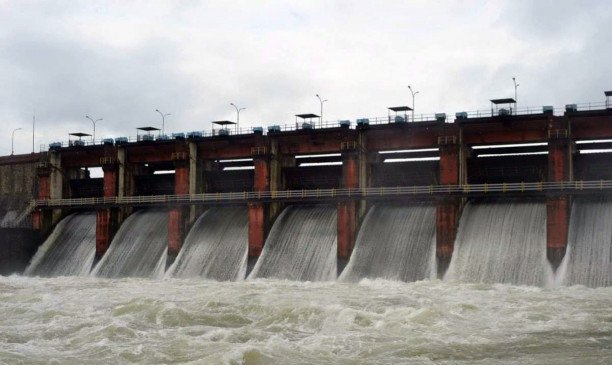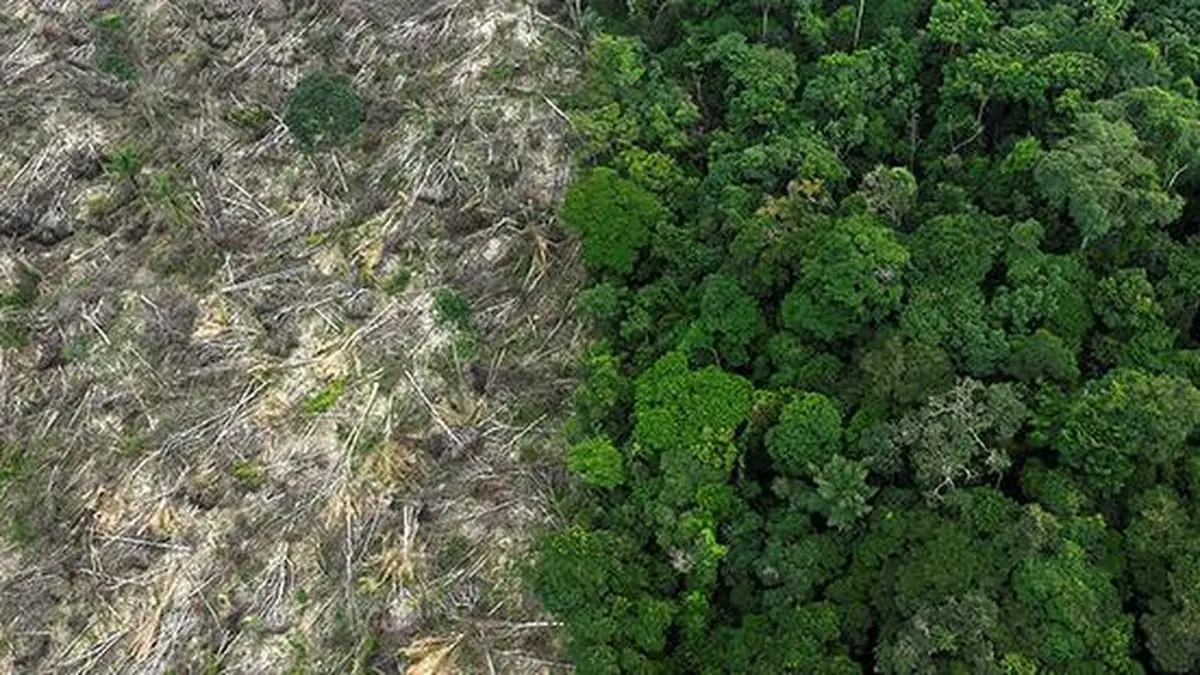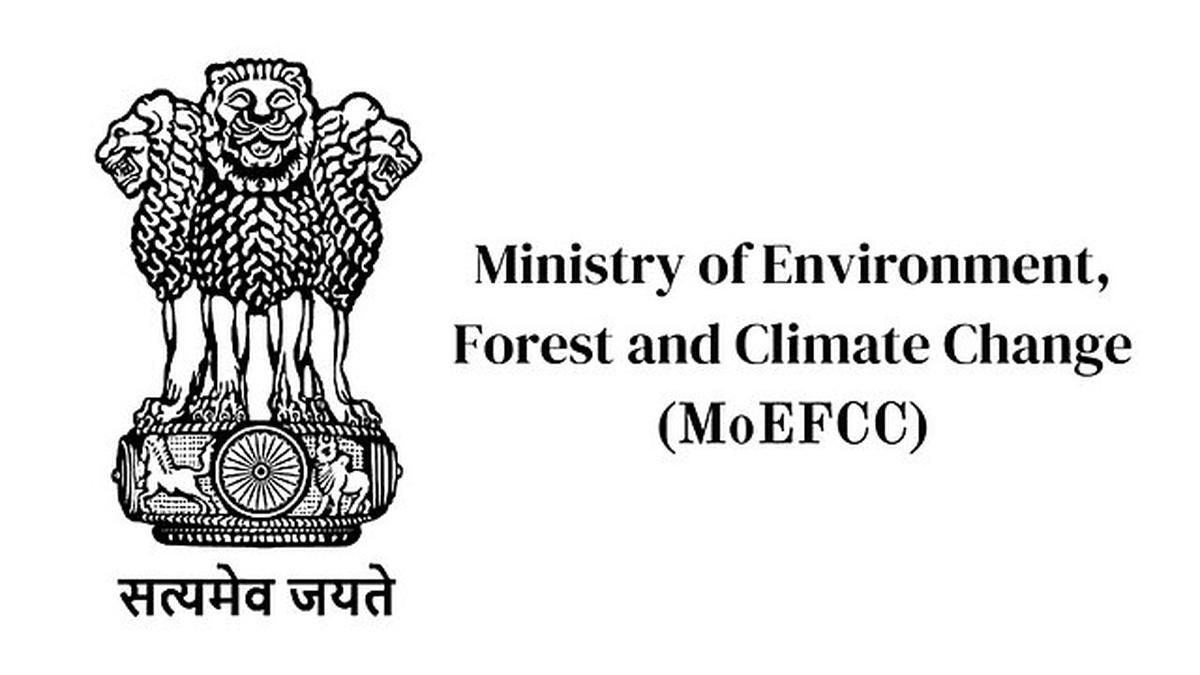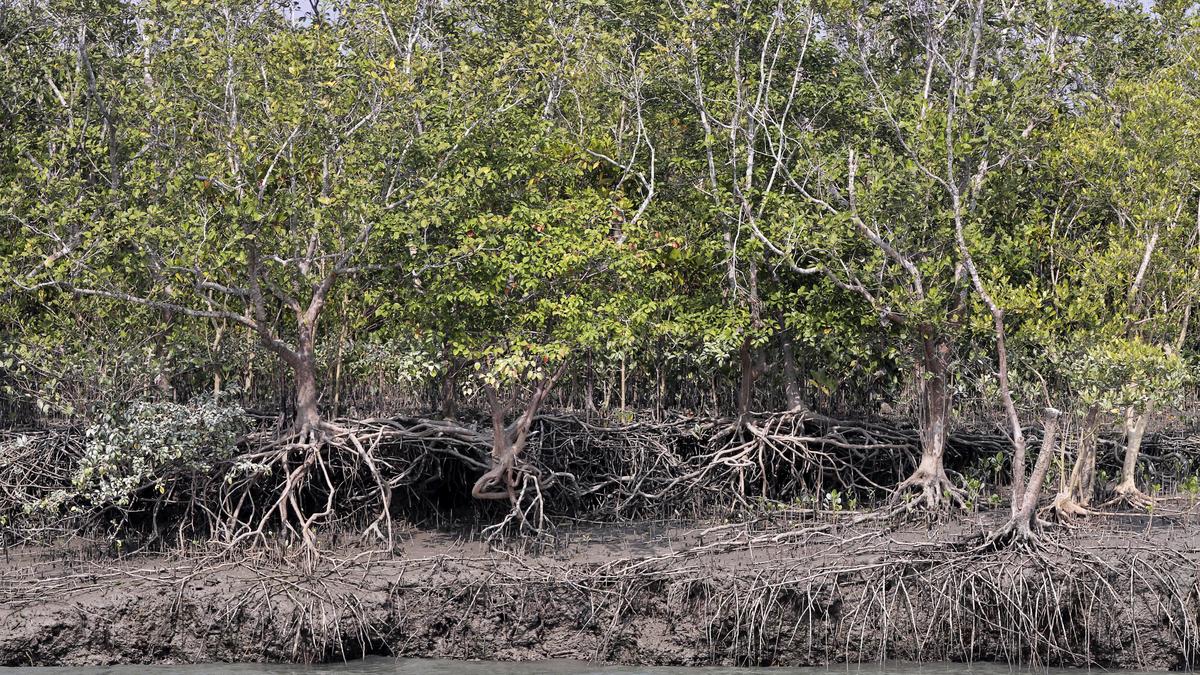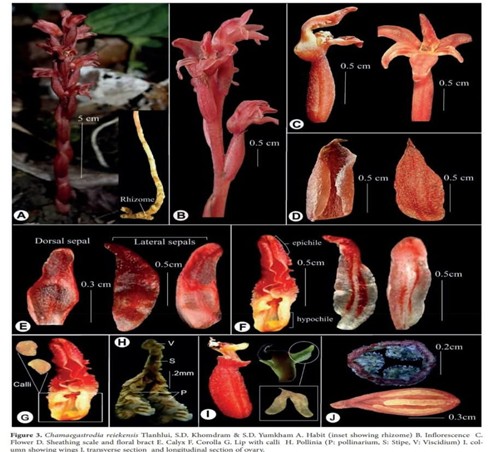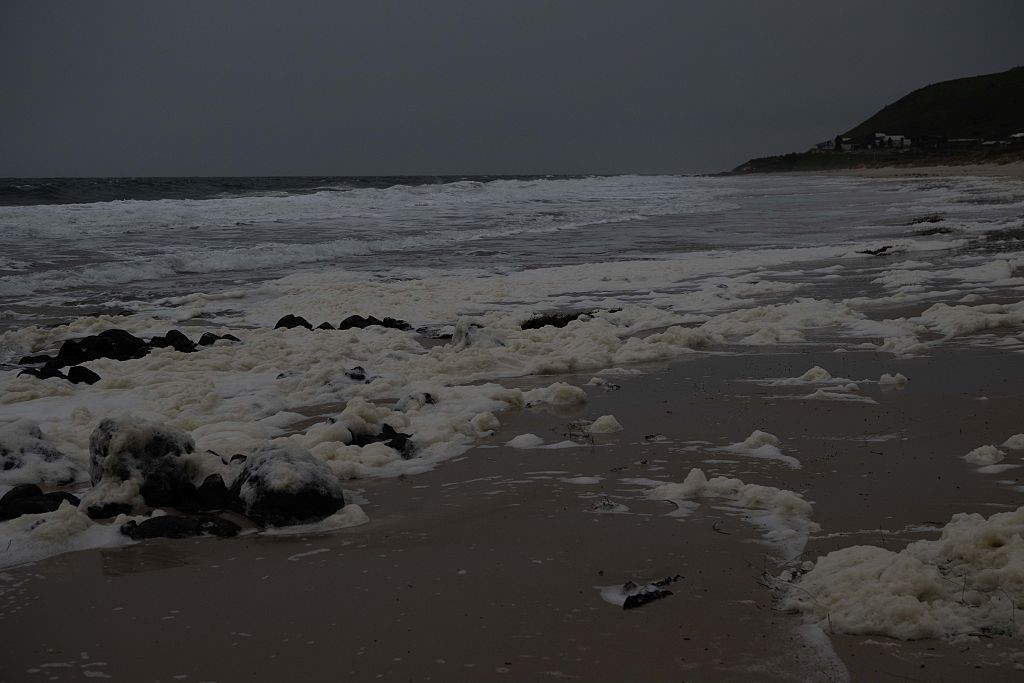Description
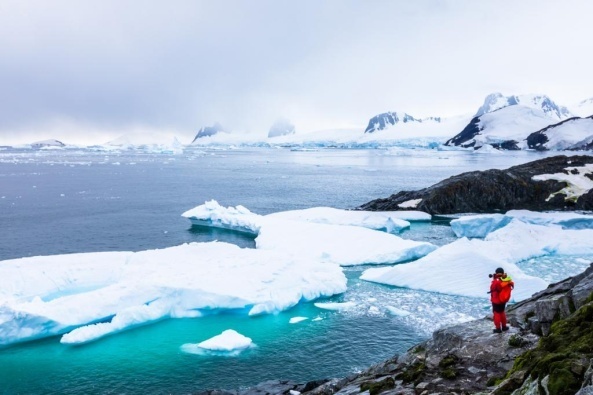
Copyright infringement is not intended
Context: Human presence has accelerated snow melting in Antarctica.
New report findings:
- Black carbon (BC) concentration in Antarctica is considerably higher around research stations and popular tourist destinations than other parts of the continent.
- BC impacted areas are seeing a shrinking of snowpack on the Antarctic Peninsula and associated archipelagoes by up to 23 millimetres water equivalent every summer.
- BC footprint in Antarctica has increased with vessels, airplanes, diesel power plants, generators, helicopters and trucks — all black carbon sources.
Black Carbon:
- Chemically, it is a component of fine particulate matter (PM ≤ 2.5 µm).
- It is formed through the incomplete combustion of fossil fuels, biofuel, and biomass.
- Black carbon emissions come from
- diesel engines for transportation and industrial use;
- residential solid fuels such as wood and coal;
- open forest and savanna burning, both natural and initiated by people for land clearing; and
- industrial processes, usually from small boilers.
- Environmental implications: BC is a climate forcing agent contributing to global warming. It warms the Earth by absorbing sunlight and heating the atmosphere and by reducing albedo when deposited on snow and ice (direct effects) and indirectly by interaction with clouds.
- Black carbon stays in the atmosphere for only several days to weeks.
- Black carbon’s warming effect on the climate is as much as 1,500 times more intense than that of carbon dioxide (co2).
- The IPCC have posited that reducing black carbon is one of the easiest ways to slow down short term global warming.
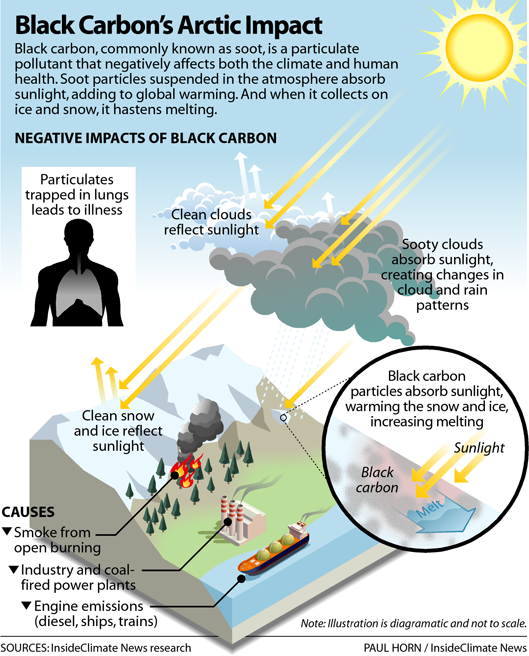
Ways for reducing black carbon in the Antarctic region:
- Reduce intra-Antarctic emissions of black carbon by controlling emission from marine vessels operating within Antarctic waters.
- Robust measures should be adopted to mitigate the impacts of accidental spill or leaks.
- New vehicle regulations should be adopted to reduce BC emission from vehicle operating in Antarctic region.
- Providing alternative energy-efficient and smoke-free cookers and introducing transferring technology for reducing soot emissions from coal emissions in small industries could have major impacts on the contributions made to global warming by soot.
- Adoption of cleaner fuels must be promoted. For ex. Distillate fuels, such as kerosene and LPG, burn cleaner than solid fuels like charcoal.
https://www.downtoearth.org.in/news/climate-change/human-presence-has-accelerated-snow-melting-in-antarctica-report-81676






